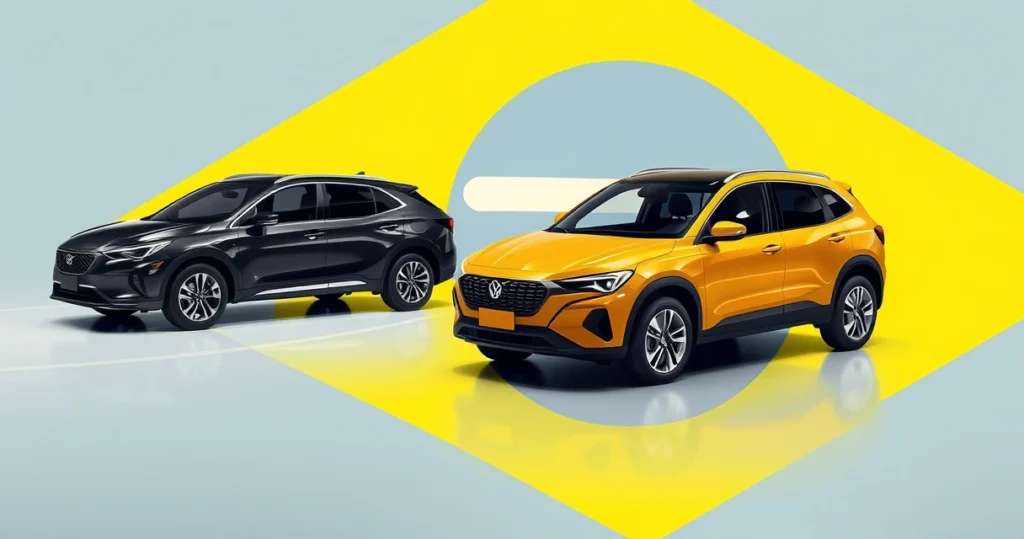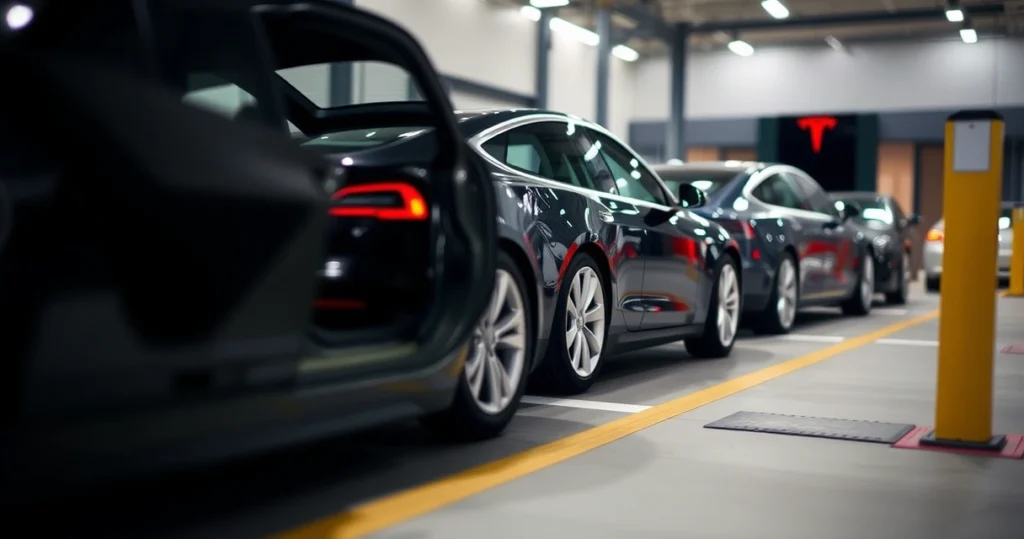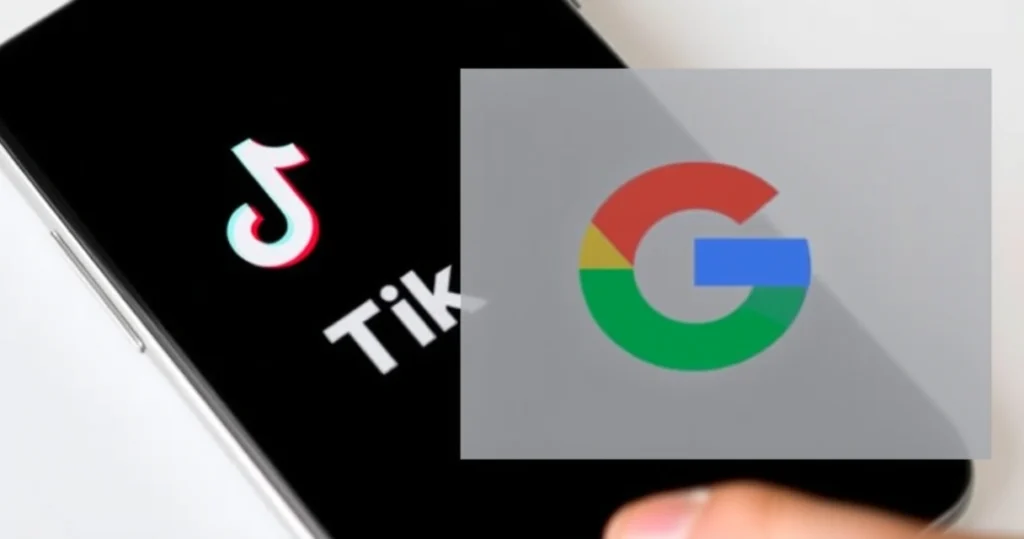The automotive industry in Brazil is witnessing a notable rebound as new vehicle sales surged by 4.8% in the first half of 2023, resulting in a total of 1.14 million units sold. This growth, reported by the National Federation of Motor Vehicle Distribution (Fenabrave), highlights a significant recovery in consumer confidence and market demand following the challenges posed by the COVID-19 pandemic and subsequent economic fluctuations. However, it’s worth noting that there was a slight decline of 5.66% in sales from May to June, indicating potential market volatility.

This article will delve into the factors contributing to the growth of new vehicle sales in Brazil, analyze the implications of the Fenabrave report, explore the automotive industry’s current landscape, and discuss what this means for consumers and manufacturers moving forward.
Overview of Vehicle Sales Growth in Brazil
The Brazilian automotive market has shown resilience despite facing various economic hurdles over the past few years. According to the Fenabrave report, the sales of new vehicles in Brazil totaled 1.14 million in the first half of 2023. This increase of 4.8% compared to the same period last year indicates a positive trend, suggesting an uptick in both consumer spending and overall economic stability.
Key Factors Driving Growth
- Economic Recovery: The Brazilian economy has shown signs of recovery post-pandemic, contributing to increased consumer confidence.
- Government Incentives: Various government initiatives aimed at stimulating the automotive sector have played a crucial role in boosting sales.
- New Model Releases: Manufacturers launching new and innovative models have attracted buyers looking to upgrade their vehicles.
- Increased Financing Options: Enhanced financing options have made it easier for consumers to purchase new vehicles.
Monthly Sales Trends: June’s Decline
Possible Causes for June’s Decline
- Seasonal Variations: Vehicle sales often experience fluctuations due to seasonal factors, with June traditionally being a month of transition.
- Supply Chain Issues: Ongoing supply chain disruptions could have impacted the availability of certain vehicle models, leading to decreased sales.
- Consumer Hesitance: Some consumers may be delaying purchases in anticipation of further price reductions or new model releases later in the year.
Implications for the Automotive Industry in Brazil
The growth in new vehicle sales in Brazil not only benefits manufacturers but also has broader implications for the automotive industry as a whole. Increased sales can lead to job creation, economic growth, and greater investments in infrastructure.
Opportunities and Challenges
While the positive sales figures present opportunities for growth, challenges remain. Manufacturers must navigate a competitive landscape, manage supply chain uncertainties, and adapt to evolving consumer preferences.
- Electric Vehicle Adoption: As global trends shift towards sustainability, Brazilian manufacturers may need to accelerate the development and marketing of electric vehicles.
- Technological Advancements: Keeping pace with technological innovations, such as connectivity features and autonomous driving capabilities, will be vital for market competitiveness.
Consumer Insights and Preferences
Understanding consumer preferences is essential for manufacturers aiming to capture the growing market. Recent trends indicate that Brazilian consumers are increasingly focused on features such as fuel efficiency, safety, and advanced technology in their vehicle purchases.
Shifts in Consumer Behavior
- Preference for SUVs: There is a noticeable shift towards SUVs and crossovers, driven by their versatility and perceived value.
- Emphasis on Sustainability: Consumers are becoming more environmentally conscious, seeking vehicles that align with sustainable practices.
- Digital Engagement: The rise of online sales and virtual showrooms is reshaping how consumers shop for vehicles, emphasizing the need for manufacturers to adapt their marketing strategies.
Frequently Asked Questions (FAQs)
1. What are the key factors contributing to the growth of vehicle sales in Brazil?
The growth can be attributed to economic recovery, government incentives, new model releases, and increased financing options for consumers.
2. Why did vehicle sales decline in June 2023?
June’s decline can be linked to seasonal variations, supply chain issues, and consumer hesitance regarding potential future purchases.
3. How does the rise in vehicle sales impact the Brazilian economy?
Increased vehicle sales can stimulate job creation, economic growth, and greater investments in infrastructure, benefiting various sectors.
4. What trends are shaping consumer preferences in the Brazilian automotive market?
Current trends indicate a preference for SUVs, an emphasis on sustainability, and a shift towards digital engagement in the vehicle purchasing process.
5. What challenges do manufacturers face in the Brazilian automotive market?
Manufacturers must navigate competition, manage supply chain uncertainties, and adapt to technological advancements and changing consumer preferences.
Conclusion
Brazil’s new vehicle sales experienced a commendable growth of 4.8% in the first half of 2023, reflecting a positive shift in the automotive market. While the decline in June sales raises questions about market stability, it is essential to recognize the underlying factors that contribute to the overall growth trend. The automotive industry in Brazil stands at a crossroads, with opportunities for expansion tempered by challenges that require strategic navigation. As consumer preferences evolve and economic conditions fluctuate, manufacturers must remain agile and responsive to the needs of the market. By focusing on innovation, sustainability, and customer engagement, the Brazilian automotive industry can continue to thrive in the coming years.
📰 Original Source
Este artigo foi baseado em informações de: https://olhardigital.com.br/2025/07/03/carros-e-tecnologia/vendas-de-veiculos-novos-no-brasil-crescem-48-no-1o-semestre/



